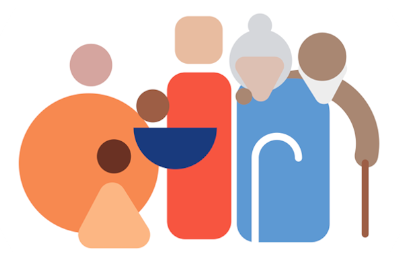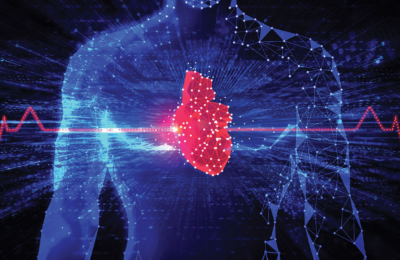Adverse drug reaction (ADR) reporting by healthcare professionals (HCPs) and patients by means of mobile devices and social media platforms to National Competent Authorities (NCAs) and marketing authorisation holders (MAHs) with subsequent transmission to EudraVigilance is a new and unexplored concept. In addition, the vast amount of information generated through social media requires a well-defined approach as regards monitoring, reporting, analysing and evaluation of potential adverse reactions and other medical insights related to medicines.
Social media also brings a new dimension to pharmacovigilance as it offers a tool for regulators and pharmaceutical industry to communicate about latest developments related to medicines and safety issues with the possibility of potentially improving health outcomes. It also provides a mechanism for collaboration between users and is a social interaction mechanism, requiring ethical, societal and personal data protection aspects to be addressed. Whilst there are numerous benefits of the use of social media, the impact on HCPs and patients and their behaviour towards prescribing, dispensing and usage of medicines needs to be further analysed. WEB-RADR addresses these issues.
WEB-RADR aims to set policy & guidance and deliver robust information technology tools to address the potential for the reporting of ADRs through mobile applications and the recognition of drug safety signals from user comments in social media and the internet. The policies, guidance and tools delivered through WEB-RADR will be underpinned by extensive academic research and user testing to ensure the project meets the needs of all stakeholders.
As SRDC, we will leverage our existing efforts to create tools that will allow for the generation of pre-filled individual case safety reports (ICSR) by extracting fields from EHRs, such as past and active medications and problems of the patients. This will allow for gathering more patient context from the EHRs of the patient to be put in to the ICSR. We will also conduct a pilot to assess the feasibility of exchanging data between the app and EHR systems.
We have recently co-authored data exchange profile standards for the exchange of this type of information, including Integrating the Healthcare Enterprise (IHE) Data Element Exchange (DEX) profile, and have experience in existing IHE Retrieve Form for Data Capture (RFD) and IHE Drug Safety Content (DSC) interoperability profiles.
| 1. | Novartis Pharma | United Kingdom |
| 2. | MHRA | United Kingdom |
| 3. | Epidemico | Ireland |
| 4. | European Organisation for Rare Diseases | France |
| 5. | Academisch Ziekenhuis Groningen | Netherlands |
| 6. | University of Liverpool | United Kingdom |
| 7. | SRDC | Turkey |
| 8. | University College London | United Kingdom |
| 9. | HALMED | Croatia |
| 10. | Stichting Lareb | Netherlands |
| 11. | European Medical Agency | United Kingdom |
| 12. | Uppsala Monitoring Centre | Sweden |
| 13. | Janssen Pharmaceutica | Belgium |
| 14. | Bayer Pharma | Germany |
| 15. | AstraZeneca | Sweden |
| 16. | Sanofi-Aventis Research & Development | France |
| 17. | UCB Biopharma SPRL | Belgium |
| 18. | Amgen | Belgium |









